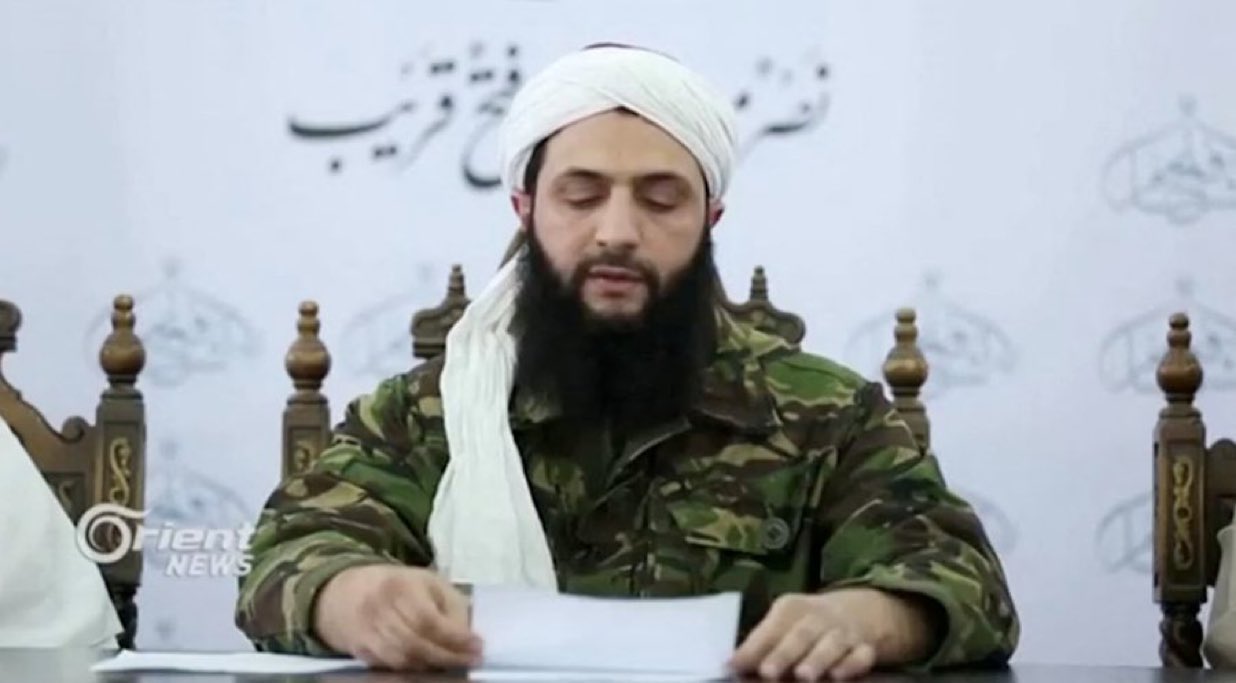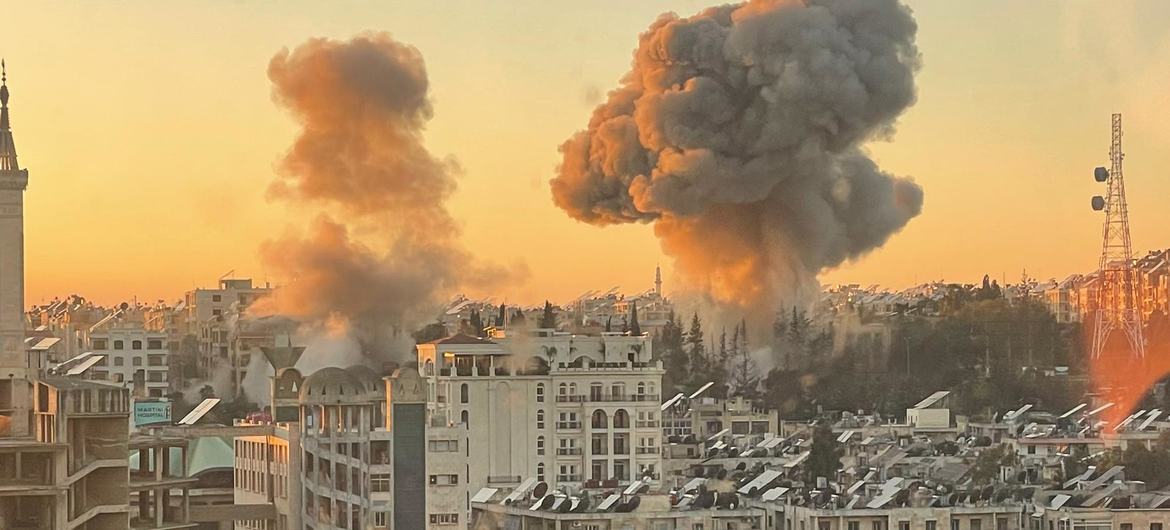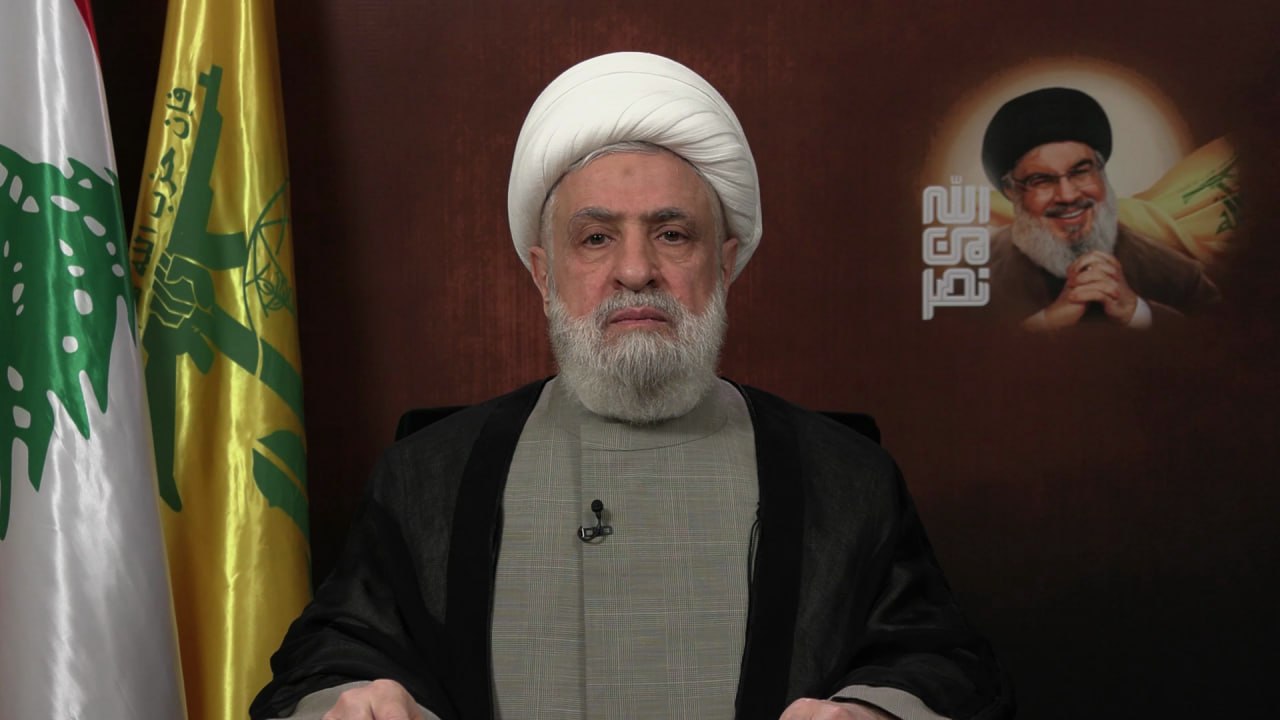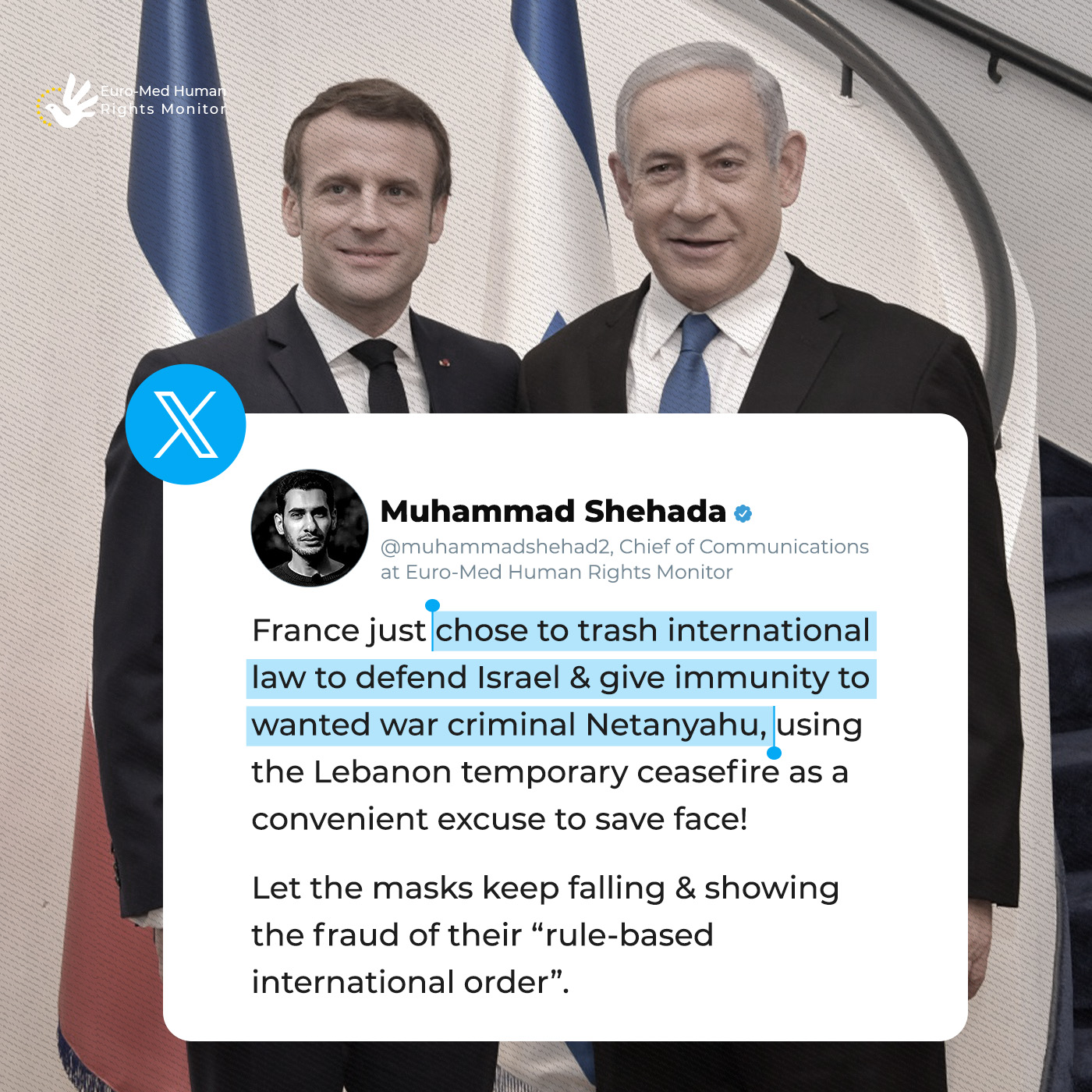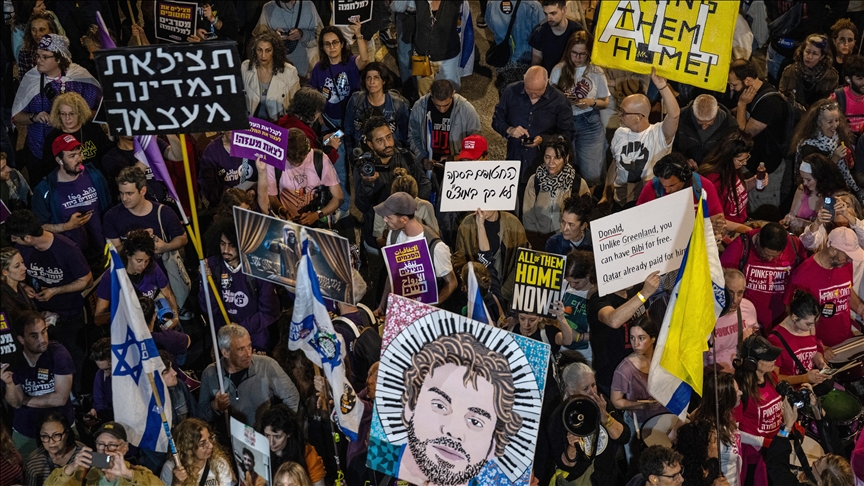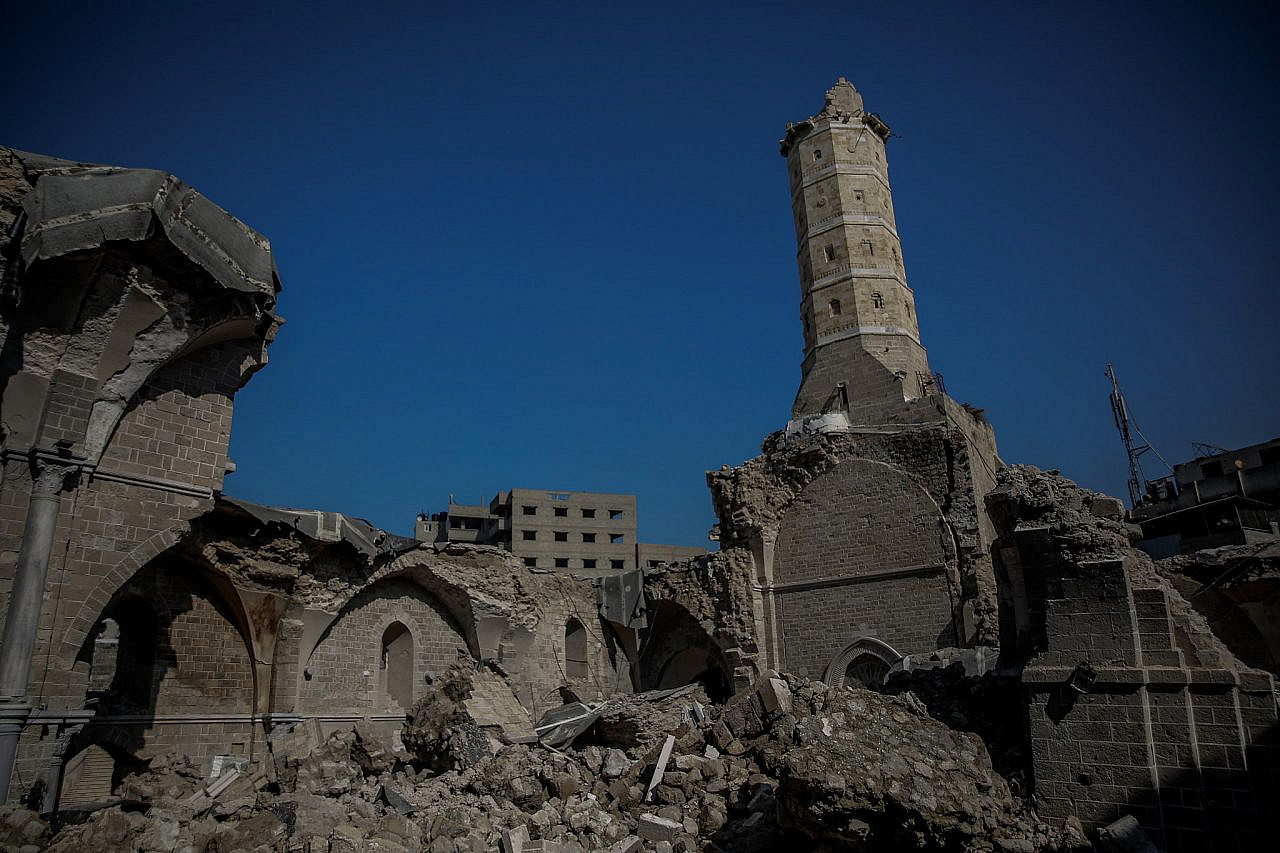‘New’ Syria: What Next For The Region
The swift fall of several Syrian cities, with little to no resistance from the Syrian regime or its allies, especially Russia, has drawn significant attention. Moscow’s inaction to prevent these rapid territorial advances underscores the shifting dynamics of the Syrian conflict.
Several factors must be considered to assess this new phase in Syria. The current developments are not merely a continuation of the initial Syrian conflict but reflect broader regional implications in the post-October 7 landscape. Israel’s strategy of “fragmenting fronts” as a counter to the concept of their unity has rendered Syria’s geographic arena an inevitable next focus. Although Syria has long been targeted by airstrikes, missile attacks, and assassinations, the current escalation coincides with the temporary pause in the conflict in Lebanon.
Syria’s geography serves as the logistical backbone for Iranian-aligned forces, including Hezbollah, making it a critical component in the regional equation. The ignition of the Syrian front aligns with Israel’s objective to disrupt the logistical corridor connecting Tehran and Beirut and secure its own strategic perimeter.
This latest shift on the ground in Syria complicates an already intricate situation. Multiple factions are mobilizing to defend their interests or expand their influence amid signs of a redrawn Syrian map. Notably, Abu Mohammad al-Jolani, former leader of Hay’at Tahrir al-Sham, has garnered attention by rebranding himself under his real name, Ahmad Hussein al-Sharaa. In interviews with CNN and The New York Times, Jolani emphasized the dissolution of HTS, presenting himself as a political figure capable of engaging with international stakeholders rather than as the leader of a proscribed militant group.
Militarily, the rapid advances of fighters from Aleppo to Hama signal a looming confrontation in Homs, a pivotal city in the Syrian conflict. Homs’ strategic location connects the Syrian coast with Damascus and borders Lebanon, serving as Hezbollah’s last operational lifeline. With the cessation of hostilities in Lebanon, Hezbollah faces the challenge of regrouping for what could be an existential battle. Losing this confrontation would strip Hezbollah of its regional power and relegate it to a vulnerable position within Lebanon.
The speed of these territorial shifts reflects not only the weakened state of the Syrian army but also the neutralization of its allies. Iran, once expected to be a key supporter of both Hezbollah and the Syrian regime, finds itself constrained by a U.S.-Israeli-led blockade encompassing land, sea, and air routes. Russia, on the other hand, has displayed a largely indifferent stance, underscoring its limited capacity or willingness to intervene. The sole remaining card for Iran is the deployment of Iraqi militias to Syria, though these forces are now targets of intensified American and Israeli strikes, further diminishing Tehran’s ability to influence the battlefield.
Israel, meanwhile, continues its strategy of reshaping regional security dynamics. After Gaza and Lebanon, it is now turning its focus to Syria. By leveraging the current chaos, Tel Aviv is positioning itself to establish new buffer zones deep inside Syrian territory, using the ongoing conflict to justify pre-emptive strikes on perceived threats.
Amid these developments, Jordan faces significant challenges along its borders with Syria and Iraq. The prolonged instability and the emergence of new players in the Syrian theatre require Jordan to maintain heightened vigilance. To mitigate potential threats, Amman must strengthen its military alliances and adopt proactive security measures. These strategies are necessary for the unpredictability of this phase and the diverse range of threats encircling Jordan’s borders.
Dr Amer Al Sabaileh is a university lecturer and a columnist for The Jordan Times

